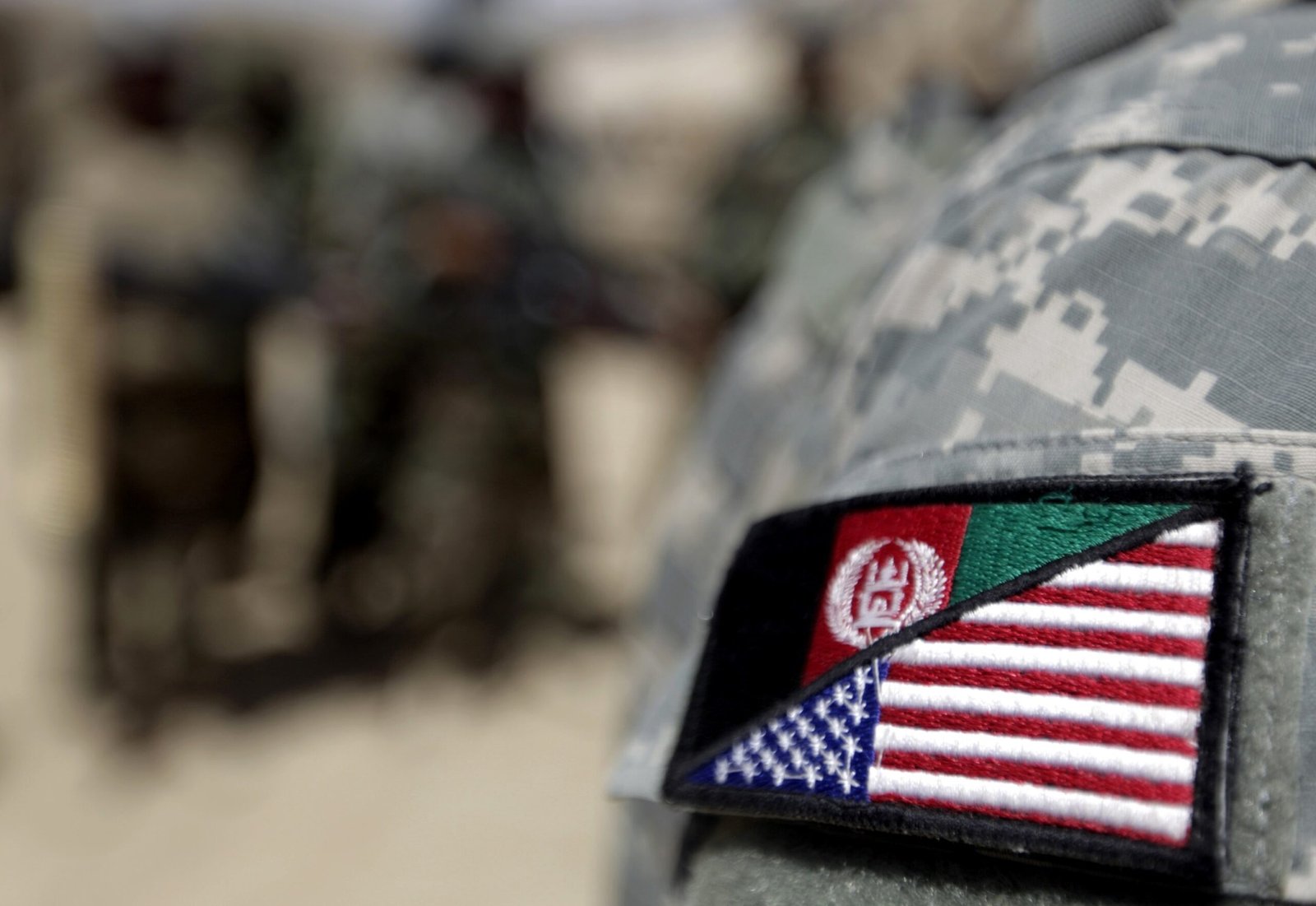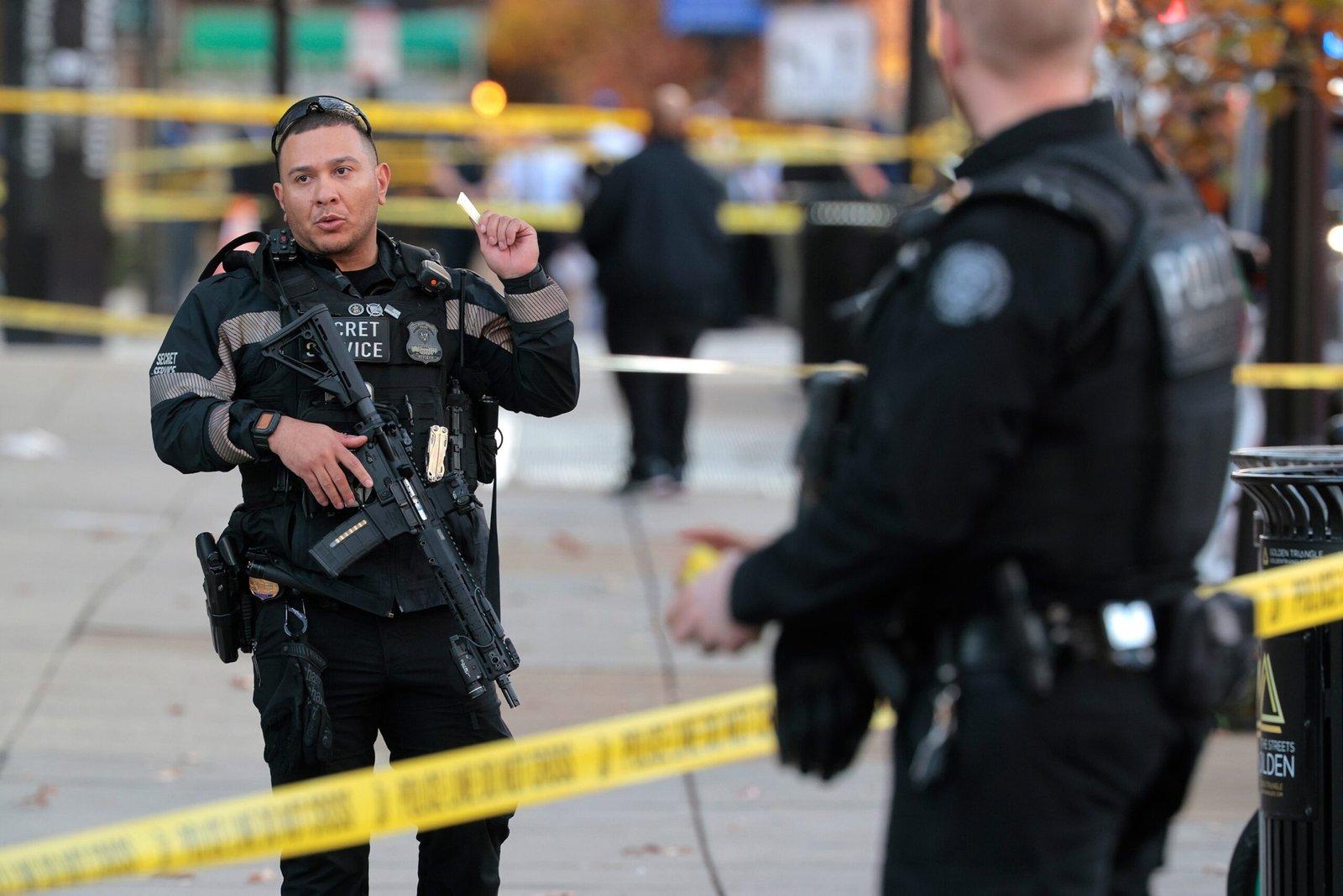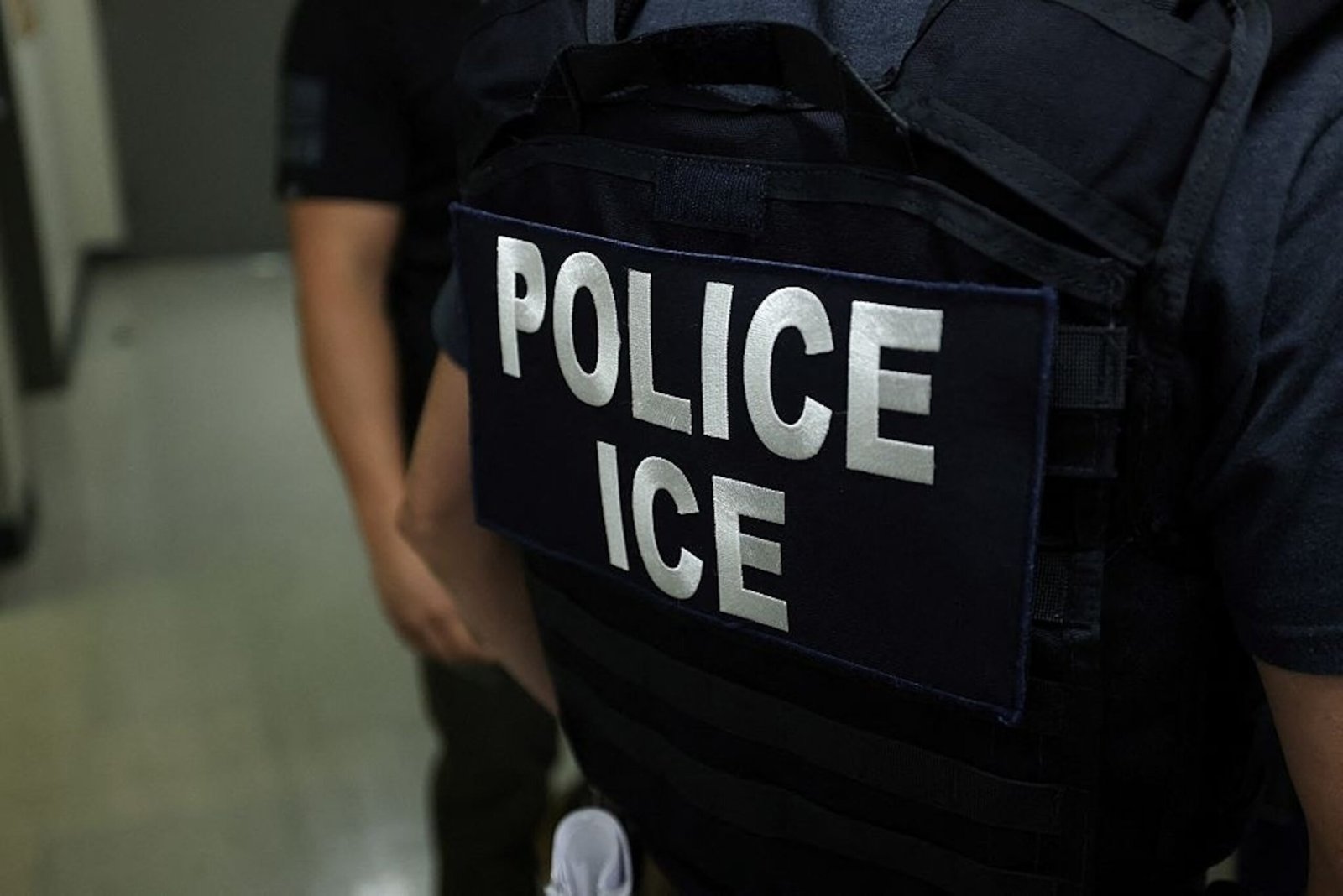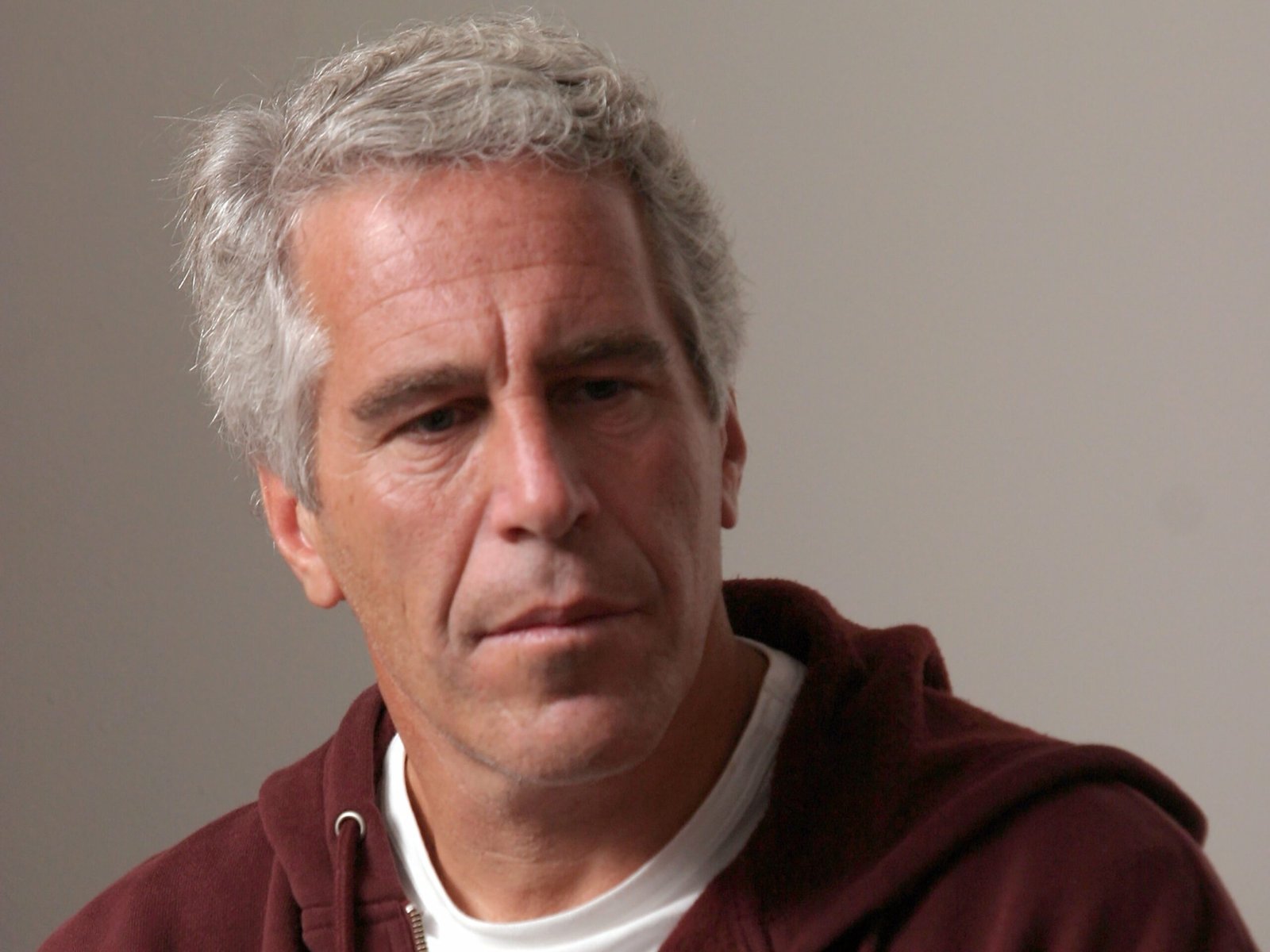The shooting of two National Guard members allegedly by an Afghan refugee in a bustling downtown Washington, D.C., neighborhood has reopened a debate over a Biden-era program that rushed to resettle thousands of Afghans who had worked with the U.S. government during its 20-year war in Afghanistan.
The Biden administration brought about 76,000 Afghan refugees to the United States in 2021, according to a Department of Homeland Security report at the time. The suspected officials are likely to have identified, Rahmanullah Lakanwal, He was one of 3,300 refugees that year who were granted a “special immigrant visa,” a document that would have expedited his entry due to his employment with the Central Intelligence Agency and other U.S. agencies.
Authorities say Lakanwal came to the United States from Afghanistan in 2021 during the Biden administration and requested asylum in 2024. According to three law enforcement sources, Lakanwal was granted asylum in April 2025 during Donald Trump’s presidency.
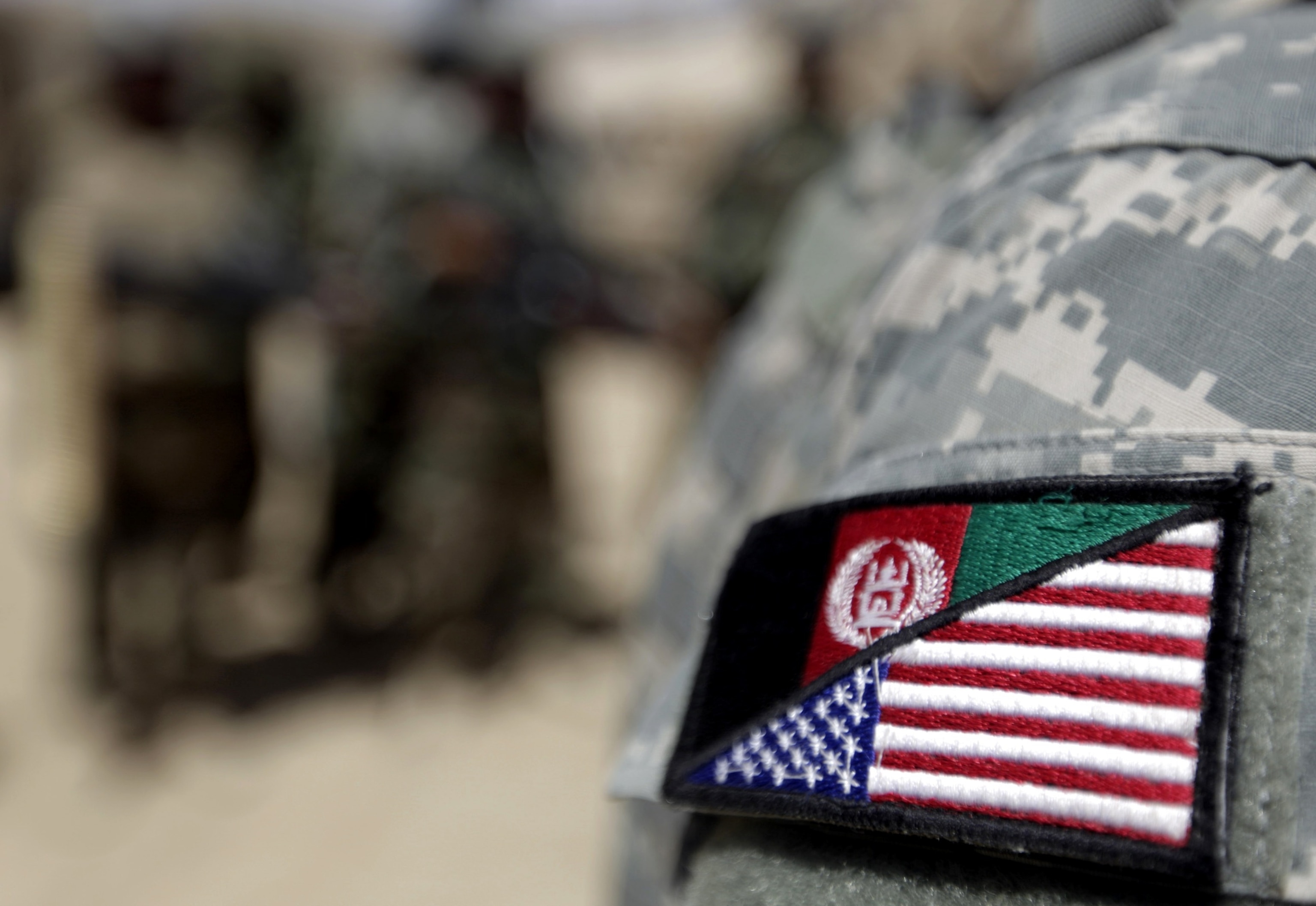
An Afghan interpreter working with Alpha Battery 1-320 of the 101st Airborne Division displays a patch displaying the Afghan and American flags at Combat Outpost Nolen, outside the town of Jellawar in the Arghandab Valley, Sept. 9, 2010.
Patrick Baz/AFP via Getty Images
FBI Director Kash Patel said at a news conference Thursday morning that the Biden administration did “no vetting” of the refugees.
That’s not accurate, although some questions remain about how thorough Lakanwal’s vetting process would have been in 2021 and again this year when the Trump administration granted him asylum.
CIA Director John Ratcliffe said the suspect had worked with the CIA during the war, an arrangement that would almost certainly have required the agency to vet him at the time.
It is also likely that he was tested before being granted asylum this year. According to Homeland Security Secretary Kristi Noem, there have been 8,000 such people since Trump took office. Noem and Patel have suggested in recent congressional testimony that the administration had carefully vetted them all.
“During my tenure, we will review databases to ensure that no known or suspected terrorists enter this country to harm our nation,” Patel told the Senate Judiciary Committee in September.
In 2021, Alejandro Mayorkas, then President Joe Biden’s secretary of Homeland Security, insisted in a document to Congress that all Afghans were tested before entering the United States.
“Prior to entering the United States, Afghan evacuees must successfully complete a rigorous, multi-level screening and vetting process that includes biometric and biographical examinations conducted by intelligence, law enforcement and counterterrorism professionals from multiple federal agencies,” he wrote in a 2021 Program Briefing.
The question is how thorough that investigation was, considering the rush to settle Afghans who were rushed by air to Doha, Qatar and Europe after the chaotic withdrawal of US troops. Shortly after US troops left Afghanistan, the government in Kabul collapsed and the Taliban took control.
The FBI and other U.S. officials have warned for years that screening refugees from certain war-torn countries can be difficult when the U.S. has limited intelligence-gathering capabilities in those countries.
According to a New York Times reportThe Afghan refugee resettlement process sparked a humanitarian crisis in Doha as refugees crowded into airport hangars and tents at a military base there. Flight manifests were sometimes incomplete or missing, visa or citizenship status was unknown, and demographic data was missing, the Times reported.
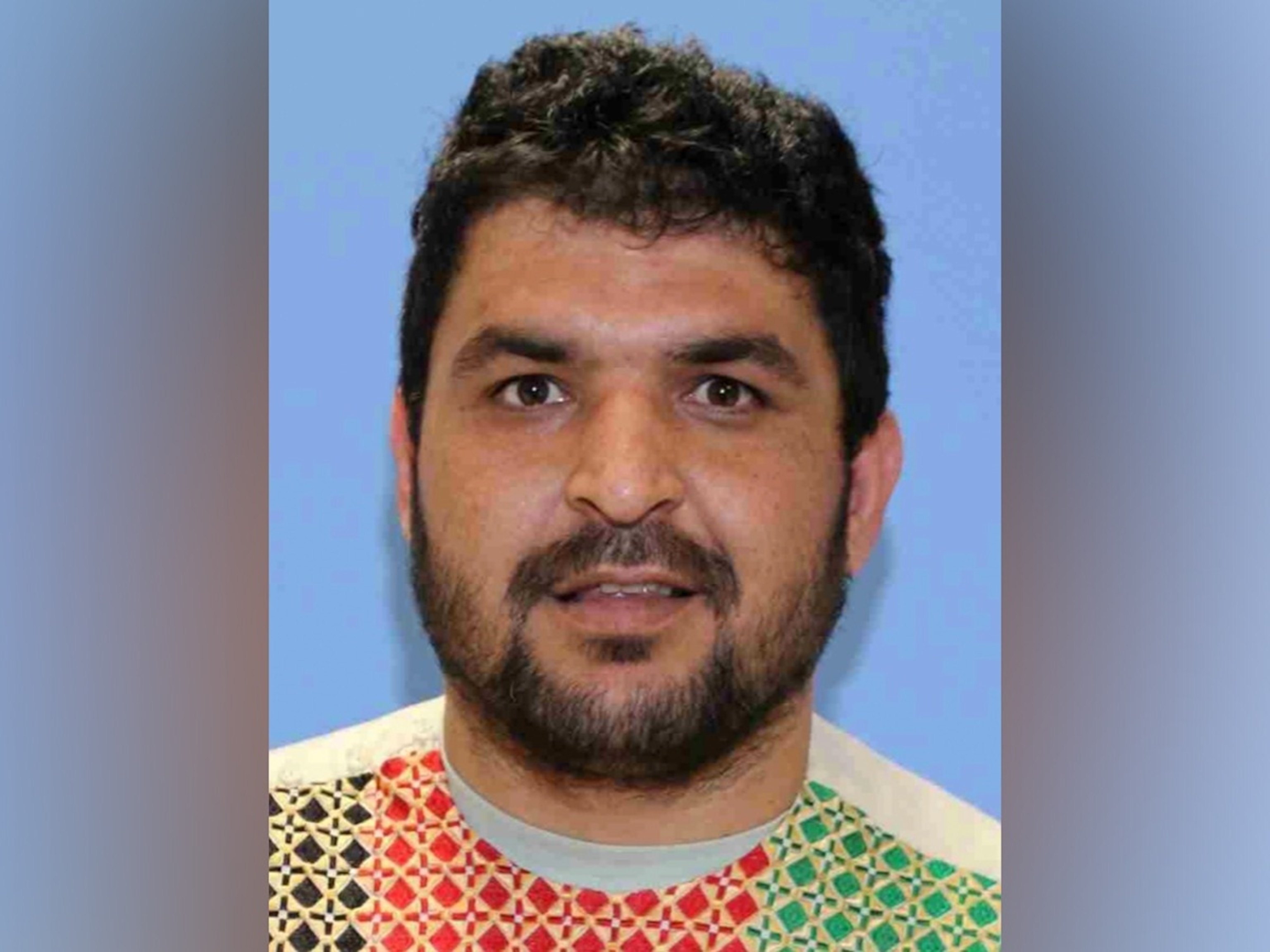
Rahmanullah Lakanwal.
US Department of Justice
Biden administration officials defended the program at the time as a moral imperative, providing protection to Afghans who would otherwise have been killed by the Taliban for cooperating with the Americans during the war.
Anti-immigrant conservatives considered the idea of resettling tens of thousands of desperate Afghans in a matter of months dangerous.
“Just because an Afghan works with us and is our friend doesn’t mean it’s safe to bring them here,” Sean Parnell, now the Pentagon’s chief spokesman, said in 2021.
Advocacy groups say there is no evidence that the vetting process failed.
AfghanEvac, which works to resettle Afghan refugees who helped the U.S. government during the war, said immigrants undergo one of the most thorough security screenings of any U.S. population.
“This individual’s isolated, violent act should not be used as an excuse to define or disparage an entire community,” AfghanEvac President Shawn VanDiver said in a statement.

